
A 7-inch tablet from Apple would just create more lawsuits
Apple is one of the most important companies in the world of consumer technology and one that has changed the destiny of the smartphone and the tablet. It came as a big surprise when the Cupertino, California-based company announced the iPad more than two years ago. In 2010, Apple made waves with its first tablet generating $9.566 billion in revenue from the iPad alone, and in 2012 it's making headlines again with a smaller, seven inch tablet it hasn’t even announced yet.
In 2010 Apple had the market all to itself, with the iPad dominating 83 percent of the tablet market. Why? The iPad wasn't designed to have the most cutting edge software or hardware in terms of features or speed, but it was conceived to offer easy-to-use software with hardware to match it, wrapped in a good looking package. It sold 14.789 million units in 2010 alone, so it's clear the idea caught on. The original iPad was released in a time when tablets weren't as popular as they are today, and despite previous efforts by Microsoft with the TabletPC, they never caught up. So what's changed?
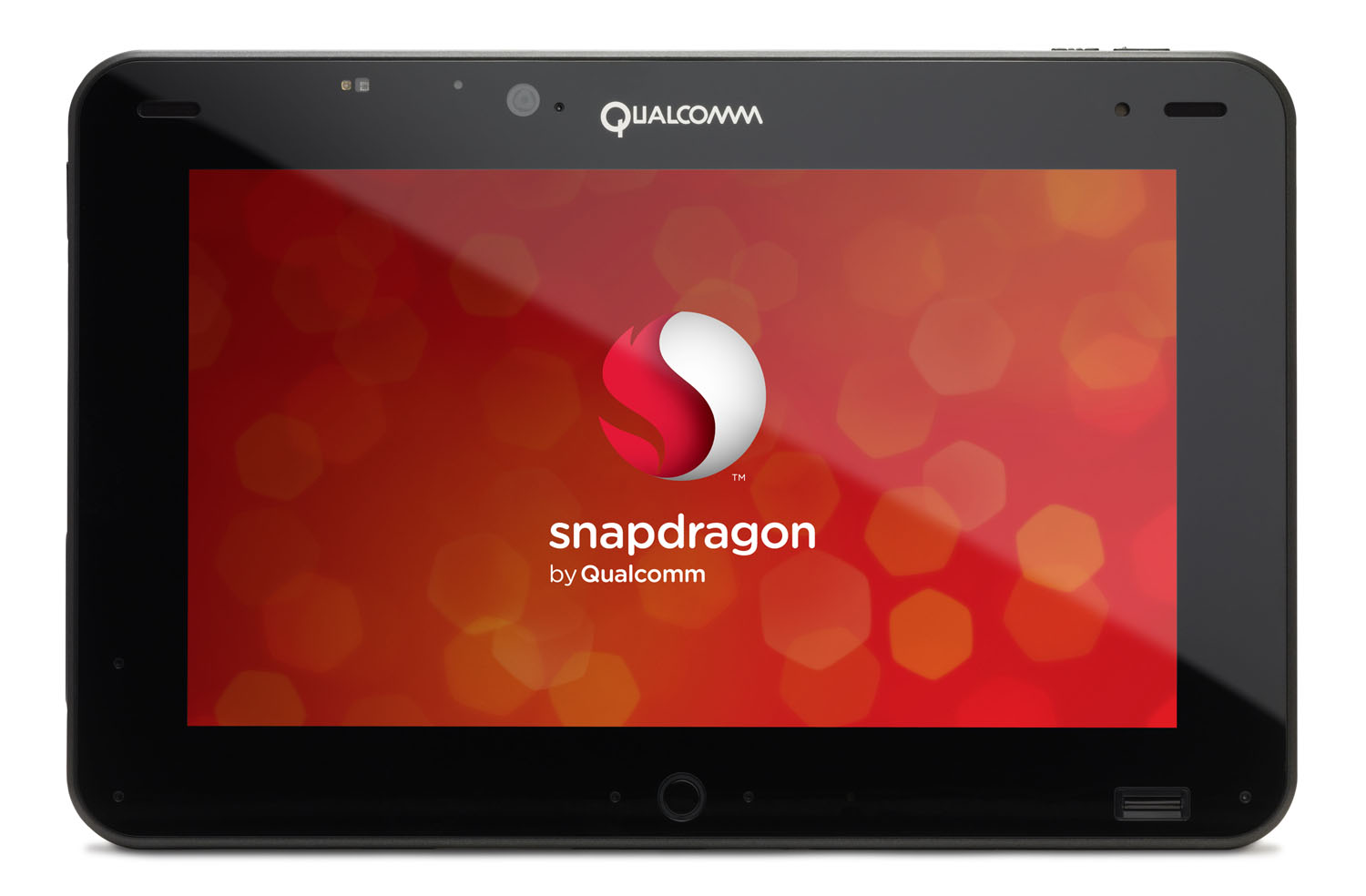
Qualcomm unleashes the fastest (and most expensive) Android tablet yet
NVidia, Samsung, you can keep your Tegra 3 and Exynos. There’s a new champion in the Android world of tablets.
There are people that only settle for the best products, so if you’re after the fastest tablet running Android you’re in luck: Qualcomm has the answer for you with the Snapdragon S4 Pro Mobile Development Platform (MDP) tablet. So how fast it is? Let’s just say that there is no Exynos or Tegra 3 that can keep up with this "evil" creation from Qualcomm.
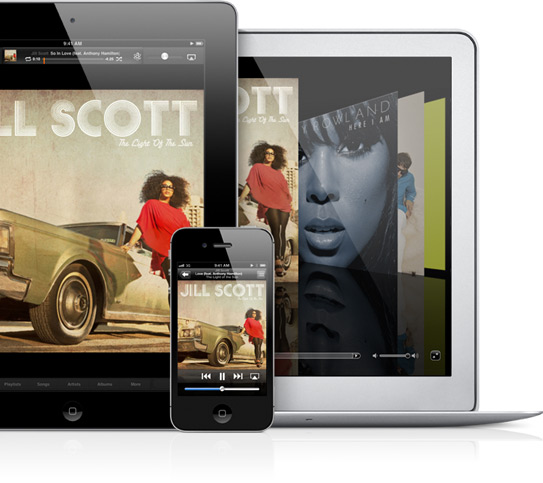
Apple Q3 2012 by the Numbers: $35B revenue, $9.32 EPS
Uncertainty hung over Apple's fiscal third quarter coming into today's earnings announcement. Gulfs widened among analysts for overall revenue estimates and about how many iPads or iPhones were sold. No one expected poor performance, there was just more uncertainty about what and where than more recent quarters. Fiscal Q3 will be remembered as sea change coming, as Apple missed Street consensus for the first time in years and iPad sales surged against iPhone.
For fiscal third quarter, Apple reported $35 billion revenue and net profits of $8.8 billion, or $9.32 a share. A year earlier, the company reported revenue of $28.57 billion and $7.31 billion net quarterly profit, or $7.79 per share. Apple announced fiscal Q3 results after the market closed today.
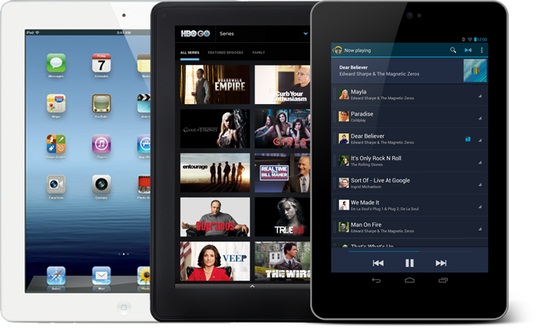
Nexus 7 will lead Android tablets to overtake iPad
Ever since the release of the Nexus 7, analysts have wondered what impact, if any, it would have on Android tablets' market share battle with the iPad. The possible release of the iPad Mini, later this year, could throw another wrench into the works. Fortunately, we have already seen an Android vs. Apple battle in the smartphone market. Let's take a look at the parallels we can draw between the smartphone and tablet market and project the possible market share trends in the tablet market.
Before we begin, we need to understand the global smartphone market share trends over the past couple of years. It is important to understand that ever since the iPhone and Android were launched, the market segmented into legacy smartphone platforms (BlackBerry, Symbian & Windows Mobile) and modern smartphone platforms (iOS, Android & Windows Phone).
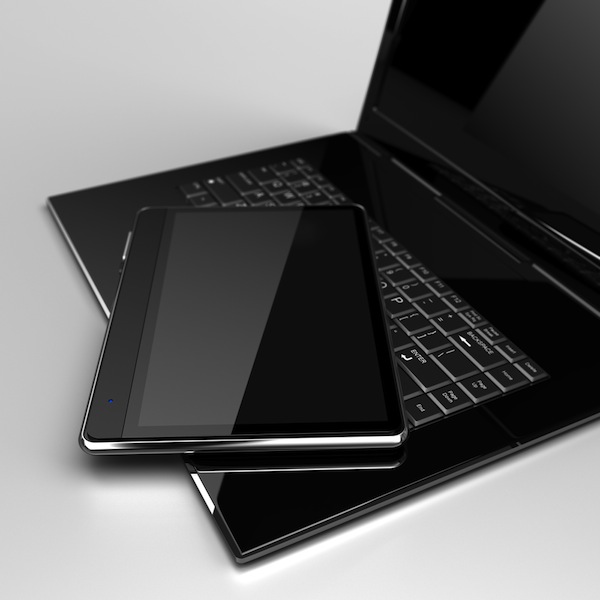
You can't do real work on a tablet
Whenever I think about tablets v. PCs, I remember a bold prediction of old: “Son, 10 years from now everyone will drive an electric car!” When was that, 20 years ago? We’ve all read something like that from someone believing to be clairvoyant.
I read similar articles almost every day where the writer plays the same old broken record: tablets are the death of PCs, or some other flamboyant thing that’s bound to get interest -- with the hope that the reader will agree with the author. It's like almost everyone is set on sending the PC down to the gates of Hell. But why should I agree with their assertions when I actually need a PC?
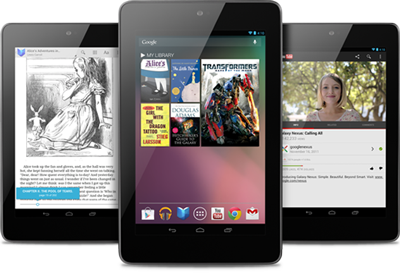
Is demand really why Google stopped selling 16GB Nexus 7?
Over the weekend, Google pulled one of two Nexus 7 models from the Play store, presumably because of demand. The tablet is sold out pretty much everywhere, and had long wait times (3 to 5 weeks) for delivery, so that's not unreasonable supposition. However, a groundswell of user complaints also burst forth over the weekend, and largely directed at the 16GB tablet -- the one Google suddenly stopped selling.
I honed in on the 16GB model after receiving email complaints, seeing others online but having absolutely no problems with the two Nexus 7s in my household. Both are 8GB models, which Google still sells and isn't the brunt-taker of end-user complaints. I got to wondering: Is it coincidence that Google stopped selling the model for which there are end-user complaints?

Who's the patent bully now? Apple or Samsung?
Samsung and Apple are two of the most popular smartphone and tablet manufacturers in the world right now and those top spots don’t come without responsibilities. But there's a disconnection somewhere in the corporate brains, with the companies seeing these responsibilities as green lights to be at each other’s throat in every major market over patents -- all that the cost of customer choice and satisfaction.
The latest round in the never-ending patent war between Samsung and Apple began today in Australia, where a local Judge started hearing evidence on their latest legal dispute. Cupertino, Calif.-based Apple claims patent infringement. The two companies dispute whether the touchscreen technology used by Samsung’s Galaxy Tab 10.1 violates Apple owned patents. The South Korean manufacturer's counter-claim: Apple uses 3G patents without a license, which is supposed to be available on fair, reasonable and non-discriminatory (FRAND) terms.
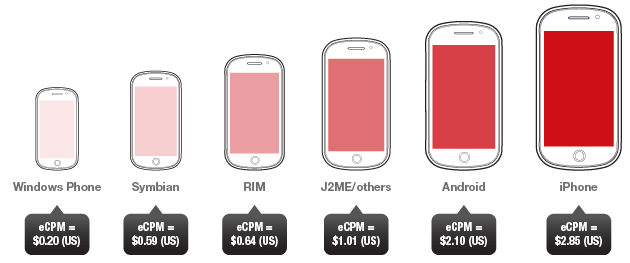
iOS is more profitable ad platform than Android, but for how long?
Ad network reports about mobile platforms are a dime a dozen. Many boast about iOS presence and the oodles of eyeballs. Opera has joined in, releasing their first State of Mobile Advertising report, which, for the second quarter of 2012, focuses on mobile advertising revenues. The browser maker puts all the big players -- Android, iOS, BlackBerry, Symbian and Windows Phone -- under the microscope.
Like other ad network reports, Opera's puts iOS at the top of the revenue food chain, with an average eCPM (effective cost per thousand impressions) of $2.85. iOS' main rival, Android, follows, with average eCPM of $2.10. On the tablets, iOS is even more profitable than on the smartphone market, with a $3.96 eCPM.
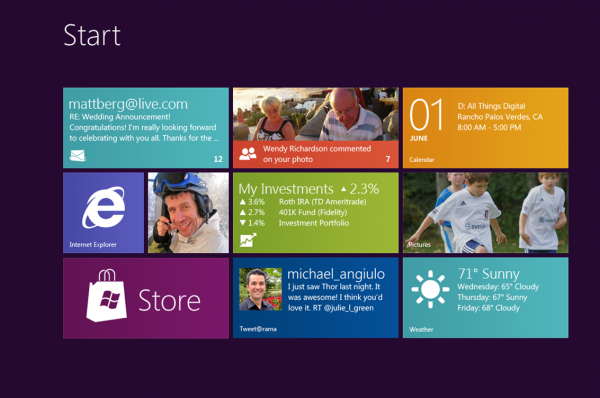
Windows 8 launches October 26
Steven Sinofosky, president of the Windows & Windows Live division, announced the date during a Microsoft sales meeting this afternoon. Windows 8 follows other October launches -- its predecessor (Oct. 22, 2009) and XP (Oct. 25, 2001). Vista should have been as well, but Microsoft couldn't ship soon enough, unbelievably missing Christmas 2006.
Microsoft plans to release gold code the first week of August and make Windows 8 immediately available to volume-license subscribers. Everyone else will wait for Windows 8.
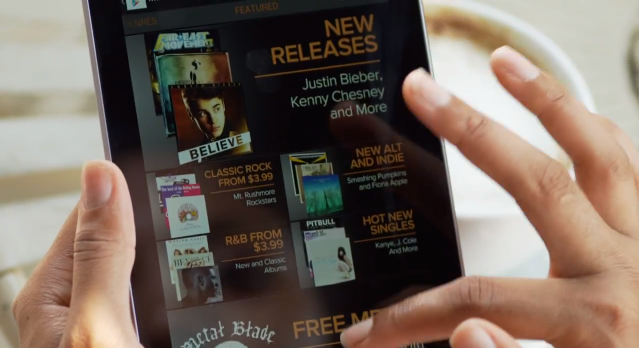
Nexus 7 sells out
Google's tablet is off to a rousing debut. I doubt sales numbers will reach iPad standards, but Nexus 7 is nevertheless hotly pursued and reports from early adopters evoke pure delight. If you want one and haven't ordered, be prepared to wait. In the United States, delay is now nominal for the 8GB model -- 3 to 5 business days before shipping, according to Google Play. Prepare to wait three to four weeks for the 16GB tablet, however. That's from Google, which right now has best availablity following the first weekend rush.
I preordered one for my wife on June 29, hours after returning from Google I/O. Soon as she saw my Nexus 7, Kindle Fire was history. Shipment notice dispatched while I was at Comic-Con on July 14, and the tablet arrived early afternoon yesterday. I watched a fairly consistent stream of Google+ posts all day, as those people who preordered received their tablets.

Early Nexus 7 buyers, does Google owe you something more?
On June 27, Google announced the Nexus 7 and shortly after started taking preorders. I had been toying with the idea of upgrading my first-generation iPad. I liked, no, loved the iPad. However, it doesn't have a camera, and I slowly discovered that newer apps run slow on it.
So, the announcement of the Nexus 7 was well-timed in my life, and I preordered that day. I already am a Galaxy Nexus user and a big Android fan. I opted for the 16GB model. Tax, shipping and upgrade to the 16GB pushed the initial $199 advertised price to $285.67. "So what", I thought. This is the newest Android tablet, and I will be among the first to get it. Not to mention, I would get a bonus $25 credit to the Google Play store for preordering. I started dreaming about my new tablet.

Apple threatens retailers: Stop selling Samsung Galaxy devices now or else
It's bad enough that Apple uses patents to bully competitors. Now the company threatens retail partners, demanding they remove two Samsung devices from store shelves. Apparently, court orders aren't good enough for Apple, which also ignores one of them.
Apple, through its army of lawyers, has sent a letter to an unknown number of retailers and carriers selling the Galaxy Tab 10.1 tablet and Galaxy Nexus smartphone. Last month a US court issued temporary injunctions against both devices, but temporarily lifted the one against Galaxy Nexus.
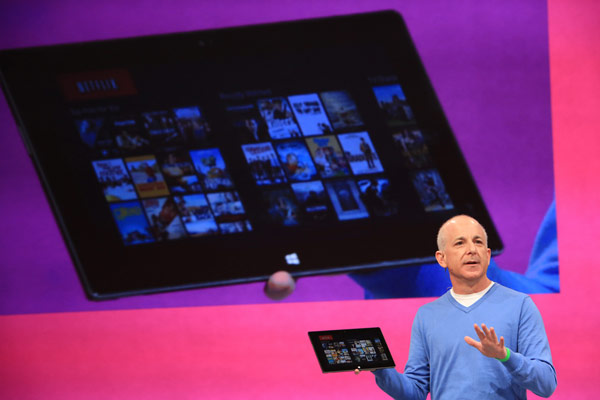
Only Microsoft Surface can compete with iPad on price
It’s an addiction. For nearly three decades, the PC industry has gorged itself on profit margins. Whether it’s a “premium” line of notebooks or the latest uber-gaming rig, vendors have always managed to squeeze enough margin out of their product offerings to line their respective silk purses. And who rides shotgun to this PC profit gravy train like some deranged, hypodermic-carrying monkey? Microsoft.
The Redmond, Wash.-based behemoth injected itself into the basic PC equation a generation ago, and it has milked the OEM license revenue stream ever since. Fortunately for them, average selling prices across the spectrum of PC categories helped offset this Microsoft addiction “surtax”. After all, what’s $70, $80 or $100 when the system in question retails somewhere just north or south of the $1,000 mark?
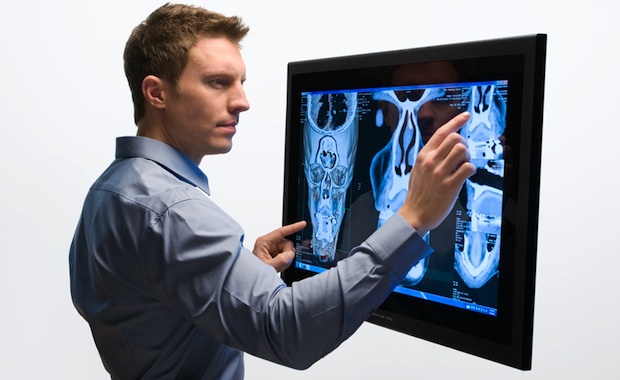
Microsoft learns from Apple -- hardware creates innovation, software doesn't
Earlier this week, Microsoft bought Perceptive Pixel, a touchscreen development company. Many people see this as Microsoft's commitment to the Surface tablet, the Windows 8 operating system and idea that touchscreen technology will play a much bigger role in the near future.
Currently, Perceptive Pixel has three different models featuring 27-inch, 55-inch and 82-inch touchscreens, and while that certainly is a long way from the 7-inch Surface tablet, it could very well mean that part of the company's technology finds its way into a second-generation tablet or a refresh of the first. The acquisition could have an even larger effect than that. Big changes are afoot.

The PC is a dead parrot
Second-quarter PC shipments are grim. They're flat globally, but down 5.7 percent or 10.6 percent in the United States, depending on whether Gartner or IDC counts the numbers. IDC puts Mac shipments down for the first time in years (Gartner disagrees). When the malaise hits Macs, Cupertino, we have a problem.
Is it the calm before the big sales storm or the new normal, as consumers and businesses snap up smartphones and tablets? There's no easy answer until Apple and Microsoft ship new operating systems. Likely, it's combination of both, as manufacturers buttress against the slowest sales quarter of the year by cutting back channel inventory and preparing for dramatic changes in computing purchase priorities. The one certainly: The quarter sucked spoiled eggs cooked over-easy.
